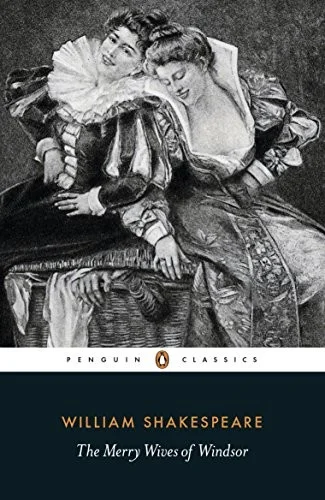William Shakespeare's comic encore for one of his best-loved characters - the rascally Falstaff from Henry IV and Henry V - The Merry Wives of Windsor is edited by G.R. Hibbard with an introduction by Catherine Richardson in Penguin Shakespeare. 'We'll leave a proof, by that which we will do, Wives may be merry, and yet honest too' In need of money, the fat and foolish Falstaff devises a scheme to seduce two married women and steal their husbands' wealth. By talking to each other, however, the wives soon discover his plan and begin to plot their own revenge. Relentlessly inventive, this comic humiliation of a foolish would-be seducer is a lively, compelling and ultimately joyous celebration of the all-conquering power of laughter. This book contains a general introduction to Shakespeare's life and Elizabethan theatre, a separate introduction to The Merry Wives of Windsor, a chronology, suggestions for further reading, an essay discussing performance options on both stage and screen, and a commentary. 'It never yet had reader or spectator, who did not think it too soon at end' Samuel Johnson
William Shakespeare
William Shakespeare was an English playwright, poet, and actor, widely regarded as one of the greatest writers in the English language. He is known for his numerous plays and sonnets, which have had a profound impact on literature and theater. Some of his most notable works include "Romeo and Juliet," "Hamlet," "Macbeth," and "Othello." Shakespeare's writing is characterized by his use of intricate language, complex characters, and universal themes such as love, jealousy, power, and ambition. His works have been translated into every major language and are performed around the world to this day. Shakespeare's influence on literature, drama, and the English language is immeasurable, and his legacy continues to endure centuries after his death. His most famous work is arguably "Romeo and Juliet," a tragic love story that has become a timeless classic.


